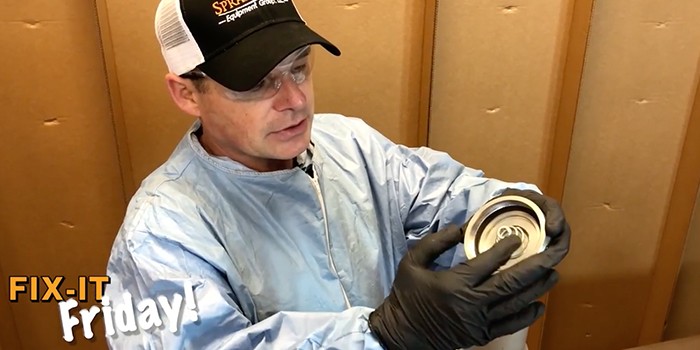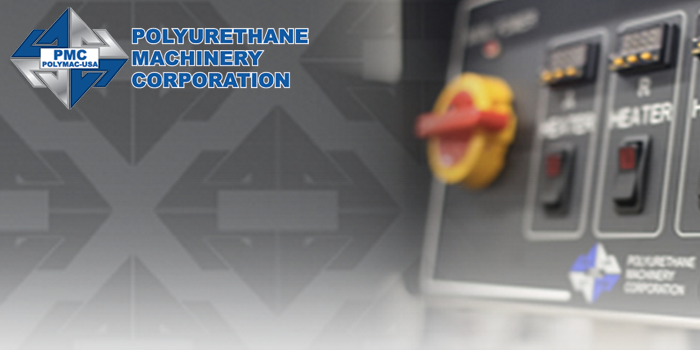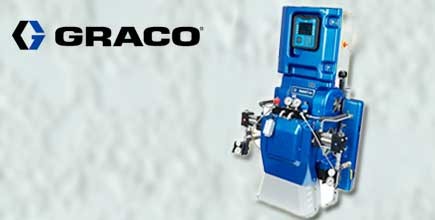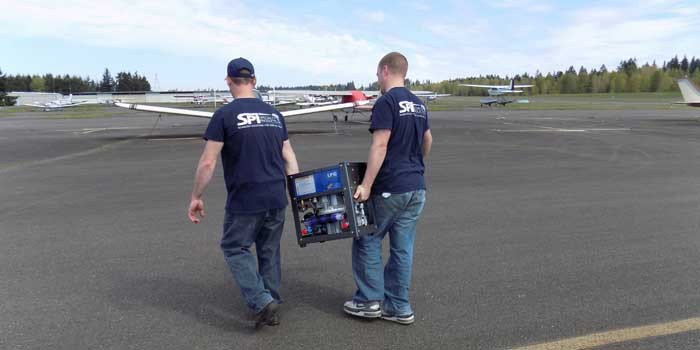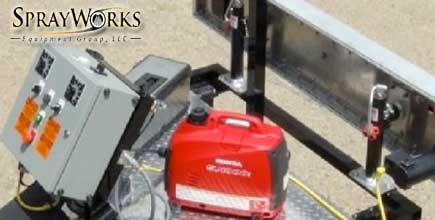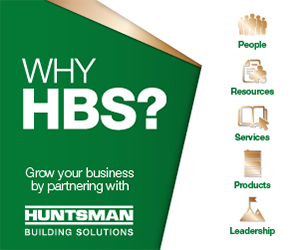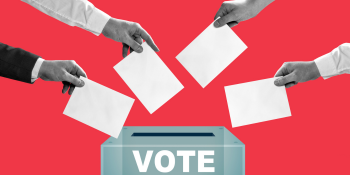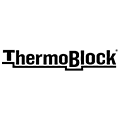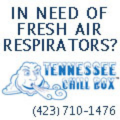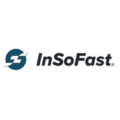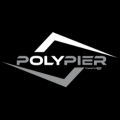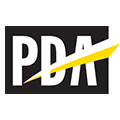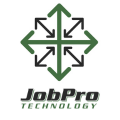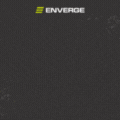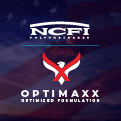Purchasing Considerations for Spray Foam Equipment
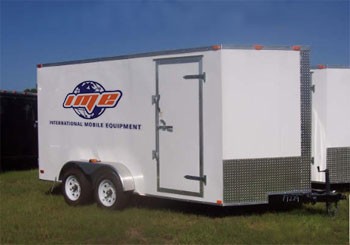
Spray polyurethane foam (SPF) is a rapidly growing segment of the overall insulation industry. Based on analysts’ estimates, however, SPF’s total market share is still only a small fraction of the enormous insulation market. This fact illustrates the tremendous potential that exists for the future growth of the SPF industry. As a result, this immense opportunity has encouraged many contractors and building professionals to diversify into the spray foam market. If you are one of these new entrants or are considering wading into the spray foam industry, there are numerous factors that you should consider before selecting your equipment:
- The Package: As you speak with various equipment suppliers, ask them to teach you WHY they are suggesting a particular equipment package. Understanding how and why the components are combined will greatly reduce your learning curve. Your equipment package should be designed according to your needs, your geographic location and your market. Are you going to be focusing on residential, commercial, industrial, roofing or some combination thereof? Understanding the equipment that you plan to purchase before you make a final decision will minimize any surprises after the sale.
- Payload: The decision to go with a trailer application or box truck setup is often the first step when considering your options. Familiarize yourself with the weight of the equipment package you are purchasing and the payload capacity of the truck or trailer it will be installed onto. Do not forget to factor foam, and what type of foam, into your payload calculations. Become familiar with the laws and regulations that apply to operating a vehicle of this size and weight. Commercial Drivers License (CDL) restrictions are increasing nationwide and in some states any trailer over 10,000 lbs now requires a CDL to operate. You do not want to be the company on the side of the interstate cited for being overweight or under licensed.
- Hose length: The desired, or needed, length of hose is integral to your decision making process. Consider your geography and the typical distance you must park your rig from the average project. Mountainous regions can require up to an extra 100 ft of hose for clean access and this distance will often dictate which proportioner that you must install. You can always add hoses provided your proportioner is designed to operate the additional length; however, if it is not designed for the additional length then significant additional cost may be involved to add the extra hoses.
- Power: Self contained or shore powered? Seek to understand the needs of your equipment package. Too little or too much power can result in voltage spikes that can blow out expensive motor & heater control boards which are typically not covered under warranty. Gasoline generators are common for smaller proportioners but pay close attention to the "continuous amperage" that a unit will provide. Diesel units are the preferred choice of the professional applicator and provide the buyer with a completely self contained unit, but again, familiarize yourself with the output of the generator and the needs of your package.
- Air: How many CFM's of air is the specified compressor going to provide? Air dryers, desiccant dryers, regulator assemblies and pressure control are imperative to keep your equipment running properly. Fresh Air Breathing Systems that operate from your compressor can require as much as 40 CFM's alone. This volume added to your equipment's needs can drastically increase the size of the compressor you need as well as your required power. Know this number and know how much air YOUR package is going to require. It is further important to realize that each component in your equipment package will affect the performance of the other components if not properly designed.
- Training: Onsite, at your facility, or at your supplier’s facility? Understand going in that it is utterly impossible to absorb everything you'll need to know in the average training class. The training process should include classroom time but hands-on training is oftentimes more important. Training will be an ongoing process. You, your salesmen, your foam supplier, and your equipment supplier’s technician will be very close for several months after your purchase. Does, or can, the training start immediately with your deposit? Can the supplier provide you with references from applicators in the field? CALL the references!
- Chemistry: This is a conversation that should take place at the same time that you are defining your package needs. It is important to understand the chemistry of spray foam and that different SPF products and various factors can have a wide range of effects on this chemistry. By understanding the chemistry of foam, you will better appreciate a given product’s merits. Foam management is critical in the success equation.
- Technical Support: After the sale, support is critical. Is your supplier available? When? Do they have practical experience with maintaining your equipment or are they exclusively rig builders? There is a considerable difference. Is there a fee, or an implied obligation, required to call on their technical service? Are they available after hours or on the weekends? How about replacement parts? These are important questions that should be asked and should be confirmed.
- Sales Support: Will you purchase your rig then be left to fend for yourself? Does the supplier have staff with practical construction experience or are they reading from a prescribed training manual? Your probability for success will be greatly diminished without practical experience and sales support.
- Value: There are bargains without service and service without bargains; you want to select a supplier who is somewhere in between.
There are many factors to consider when selecting your new equipment; cost per set, cost per inch (board foot), performance, sound transmission, air impermeable ratings, moisture (perm) ratings, spraying temperature, spraying pressures, shelf life, manufacturer's support, ICC & TDS reports, safety & testing results, convenience and service are all important variables. Ignoring some of these factors and making your decision exclusively on only a few of them will hurt your chances of success.
When considering the purchase of your new spray foam equipment package, do yourself a favor by learning the ins and outs of the business and selecting a company that adequately supports your work. International Mobile Equipment is a company dedicated to the philosophy of good stewardship and support before, during, and after the sale. Your chosen equipment supplier should be as well. The growth and continued success of the SPF industry demands well trained and industry supported applicators in order to capture more market share. International Mobile Equipment can be reached at 877-342-3413 to help support your entry into the SPF industry.
Disqus website name not provided.



